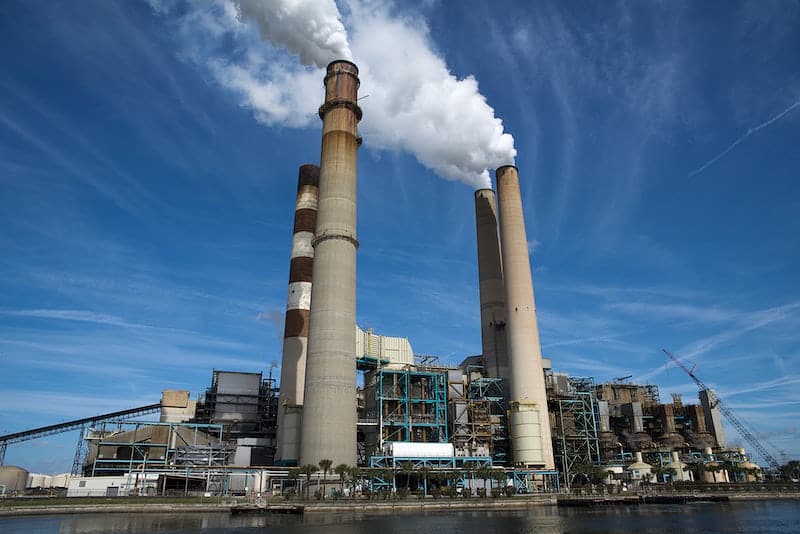Kate Soper presents an excellent overview of her “assertively utopian” vision of a “postconsumerist way of living” in which people spend less time working, traveling great distances in cars and airplanes, and shopping on the “hedonic treadmill” for things they don’t need.
I fully support Soper’s utopian vision. But that is easy to do. Her vision will be unobjectionable to most people holding even vaguely progressive sympathies. Matters only get complicated when we ask how we can most effectively transition to the good society that Soper describes, given the hard realities of where things stand in the world today.
This forum response is featured in The Politics of Pleasure.
Let’s start with terminology. An increasing number of commentators have embraced the term “degrowth” to describe the trajectory for achieving something akin to Soper’s good society. Soper herself seems to prefer the term “post-growth.” I think we should worry less about labels and instead focus on what should constitute the substance of this egalitarian and ecologically sustainable society. Scrutinized in this way, the fundamental issue ceases to be economic growth per se, in any and all forms. Rather, we should expect that some economic activities within the good society should grow—for example, environmental protection, primary education, and elder care—while others should remain stable, and still others should either contract or be eliminated altogether. The real challenge becomes figuring out which activities go into each of these categories.
When it comes to the climate crisis, in particular, I think we can accomplish much more through trying to focus on which activities need to grow versus those that need to contract. Here are a few key specifics. The Intergovernmental Panel on Climate Change (IPCC) estimates that for the global economy to move onto a viable climate stabilization path, global emissions of carbon dioxide (CO₂) will have to fall by about 45 percent as of 2030—only a little more than seven years from now—and reach net zero emissions by 2050. As such, the core of a unified climate stabilization and egalitarian project—what we can term a global Green New Deal—has to be, first, to hit the IPCC CO₂ emissions reduction targets, and then, second, to accomplish this in a way that also expands decent job opportunities and raises mass living standards throughout the world.
Within this overarching project, the single most important action must be to phase out the consumption of oil, coal, and natural gas for energy production, which accounts for about 70–75 percent of all global CO₂ emissions. In short, fossil fuel energy consumption needs to “degrow” to zero. Of course, achieving such a transformation will mean a massive, uphill political war, given the huge global power of both the public and private oil companies. But there is no alternative to winning this struggle if we have any chance of saving the planet.
As the fossil fuel energy infrastructure phases down to zero by 2050, we concurrently have to build an entirely new global energy infrastructure whose centerpieces will be high efficiency and clean renewable energy sources—primarily solar and wind power. People are obviously still going to need to consume energy, from any available source, to light, heat, and cool buildings; to power cars, buses, trains, and airplanes; and to operate computers and industrial machinery, among other uses. Moreover, any minimally decent global egalitarian program will entail a significant increase in energy consumption for lower-income people throughout the world.
How much would cutting back on overall economic growth—moving onto a degrowth or post-growth trajectory—contribute toward delivering a zero-emissions global economy? The answer is: very little. COVID-19 lockdowns around the world provided a powerful natural experiment to demonstrate this point. In 2020 the global economy contracted by 3.5 percent, which the International Monetary Fund described as a “severe collapse . . . that has had acute adverse impacts on women, youth, the poor, the informally employed and those who work in contact-intensive sectors.” In other words, the pandemic produced an intense period of global degrowth. This recession also produced a decline in emissions, as entire sections of the global economy were forced into lockdown mode. But the emissions decline amounted to only 6.4 percent over 2020. If the pandemic recession only yields a 6.4 percent emissions reduction despite the enormous levels of economic pain inflicted, clearly degrowth cannot come close, on its own, to delivering a 45 percent emissions cut by 2030, much less a zero emissions global economy by 2050.
By contrast, a strategy focused on growing the right parts of the economy will pay dividends. Investing in the improvement of energy efficiency standards and the expansion of the global supply of clean energy sources will not only reduce emissions; it will also create millions of jobs, in all regions of the world. Of course, there is no guarantee that these new jobs will be good jobs: after all, we are still operating within capitalism. Climate activists therefore need to join forces with unions and other labor organizers to fight for good wages, benefits, and safe and equitable working conditions. At the same time, the phasing out of the global fossil fuel industry will mean large-scale losses for workers and communities that are presently dependent on the fossil fuel industry. Providing a just transition for these workers and communities also needs to be at the center of the egalitarian climate stabilization project.
For over a decade, labor activists, such as those associated with the Labor Network for Sustainability in the United States, have been organizing around these issues. Against steep odds, they have started to win some significant victories, including an endorsement for a robust green investment and just transition program in California by the union representing the state’s oil refinery workers. Rather than recognizing these challenges and achievements, Soper criticizes union movements in the West for being “confined to protection of income and employees’ rights within the existing structure of globalized capital” and for doing “little to challenge, let alone transform, the ‘work and spend’ dynamic of affluent cultures.” It is fair to ask what Soper would say to the California oil refinery workers. Would she have the union leaders deemphasize the demand for guaranteed new jobs at equal pay for all displaced fossil fuel workers? Would she instead give priority to explaining how much better the workers’ lives might be in a future post-growth society?
Soper says she is sensitive to the objection that “in advocating the pleasures of escaping the consumerist lifestyle, I overlook how partial the access to its forms of affluence has actually been.” Soper similarly recognizes that “economic growth will be needed in the short term to ensure the provision of basic needs in the poorest nations.” But she offers no specifics as to how short her “short term” should be, what countries or communities should get included in her category of “the poorest nations,” and what should constitute the “basic needs” of these countries or communities. These are critical questions that require clarity.
To take one pertinent example: average daily temperatures were sustained at over 110° Fahrenheit during the heat wave in India this past May. The intensifying climate crisis is making such episodes increasingly frequent. One obvious way to protect people during heat waves is with air conditioning. However, only 8 percent of Indian households now own air conditioning units. The situation in most of the rest of the world is not that different from India. The climate crisis has made access to air conditioning—along with cheap electricity to power the units—a necessity.
Delivering this basic form of protection on a global basis will obviously require major investments on a global scale. Energy consumption will rise and, along with it, consumption of all kinds of related goods and services. I cannot see any ethical path to achieving the society Soper describes unless we demonstrate an unequivocal commitment to improving people’s lives right now in today’s world.








